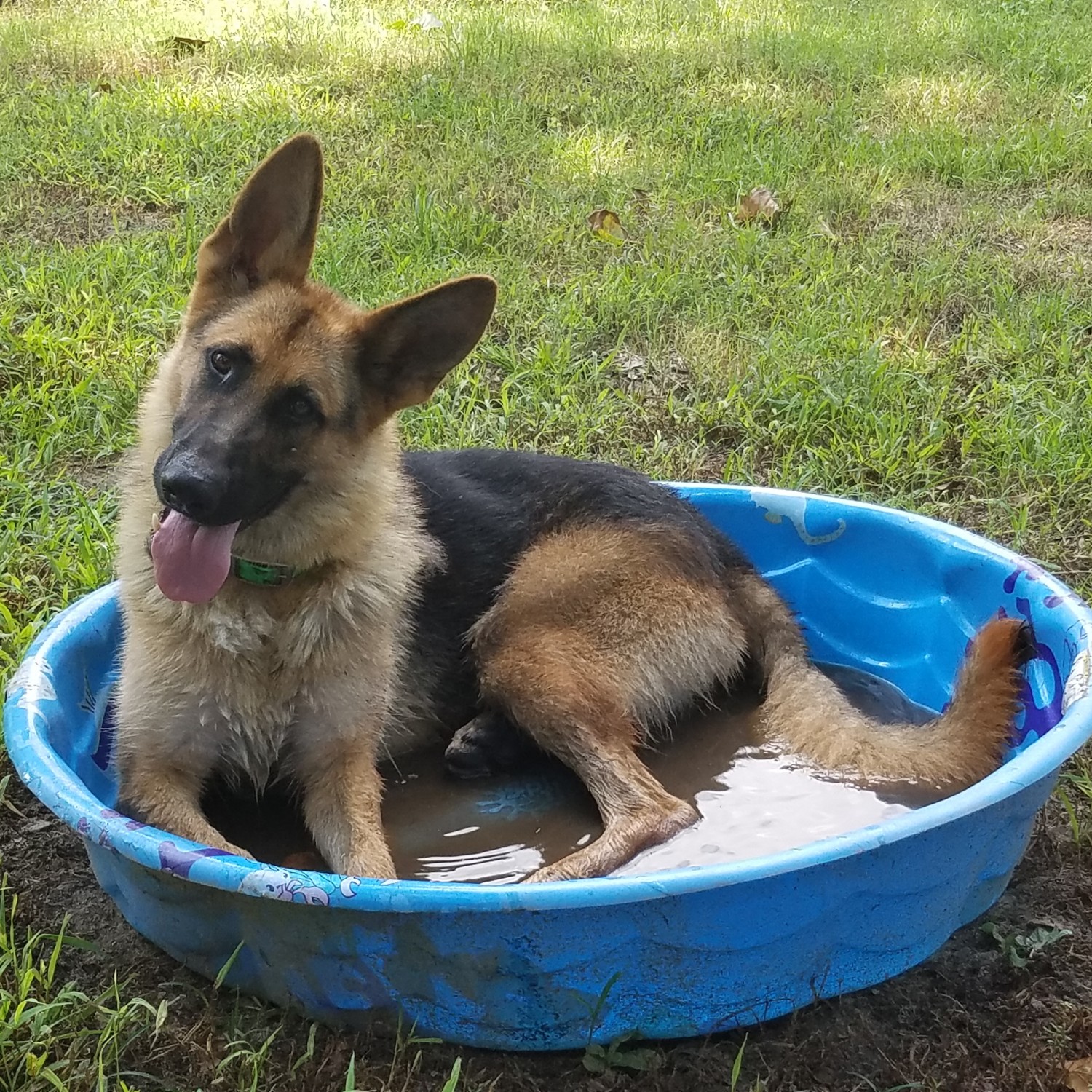The Ultimate Guide to German Shepherd Puppies: Everything You Need to Know
German Shepherd puppies are undoubtedly one of the most popular and beloved dog breeds worldwide. Known for their intelligence, loyalty, and versatility, these puppies make excellent family pets, working dogs, and companions. In this article, we will explore everything you need to know about German Shepherd puppies, from their history and characteristics to training tips and health considerations.
Key Takeaways
- German Shepherds are intelligent, loyal, and versatile dogs suitable for families and work environments.
- Proper training and socialization are crucial for a well-behaved German Shepherd puppy.
- Understanding their health needs and potential issues is essential for their well-being.
- German Shepherd puppies require a balanced diet, regular exercise, and mental stimulation.
The History of German Shepherds
German Shepherds originated in Germany in the late 19th century. They were initially bred by Captain Max von Stephanitz, who aimed to develop an ideal herding dog. The breed quickly gained popularity due to its intelligence, strength, and versatility. German Shepherds were used in various roles, including herding, guarding, and military work. Today, they are one of the most popular dog breeds worldwide, known for their work in law enforcement, search and rescue, and as service dogs.
Characteristics of German Shepherd Puppies
German Shepherd puppies are known for their distinctive appearance and strong personalities. Here are some key characteristics:
- Appearance: German Shepherds have a well-proportioned body, erect ears, and a bushy tail. Their coat is typically medium-length, dense, and can be black, tan, sable, or a combination of these colors.
- Temperament: They are intelligent, loyal, and protective. German Shepherds are known for their courage and confidence, making them excellent watchdogs.
- Size: Adult German Shepherds typically weigh between 50 to 90 pounds and stand 22 to 26 inches tall at the shoulder.
- Lifespan: With proper care, German Shepherds can live between 9 to 13 years.
Training and Socialization
Training and socialization are crucial for German Shepherd puppies to develop into well-behaved and balanced adults. Here are some tips to help you train your German Shepherd puppy effectively:
Start Early

Begin training and socialization as soon as you bring your puppy home. Early exposure to different environments, people, and other animals will help your puppy develop confidence and adaptability.
Use Positive Reinforcement
German Shepherds respond well to positive reinforcement techniques such as treats, praise, and play. Avoid harsh punishment, as it can lead to fear and anxiety.
Consistency is Key
Be consistent with your commands and expectations. Use the same words and gestures for specific commands to avoid confusing your puppy.

Enroll in Puppy Classes
Puppy classes provide a structured environment for socialization and training. They also offer an opportunity for you to learn effective training techniques from professionals.
Health Considerations

Like all breeds, German Shepherds are prone to certain health issues. Being aware of these potential problems can help you provide better care for your puppy:
- Hip Dysplasia: A common genetic condition where the hip joint doesn’t fit properly, leading to arthritis and pain.
- Elbow Dysplasia: Similar to hip dysplasia, this condition affects the elbow joint and can cause lameness and discomfort.
- Degenerative Myelopathy: A progressive disease affecting the spinal cord, leading to weakness and paralysis in the hind legs.
- Bloat: A life-threatening condition where the stomach fills with gas and twists, requiring immediate veterinary attention.
Feeding and Nutrition
A balanced diet is essential for the growth and development of German Shepherd puppies. Here are some nutritional guidelines to follow:
- High-Quality Dog Food: Choose a dog food that is specifically formulated for large breed puppies. Look for a brand that lists meat as the first ingredient and contains essential nutrients.
- Portion Control: Overfeeding can lead to obesity and related health issues. Follow the feeding guidelines on the dog food package and adjust based on your puppy’s activity level and growth.
- Avoid Table Scraps: Human food can upset your puppy’s digestive system and lead to unhealthy weight gain.
- Provide Fresh Water: Ensure your puppy has access to clean, fresh water at all times to stay hydrated.
Exercise and Mental Stimulation

German Shepherd puppies are energetic and require regular exercise and mental stimulation to stay healthy and happy. Here’s how you can keep your puppy engaged:
- Daily Walks: Aim for at least 30 minutes of walking each day to help your puppy burn off energy and maintain a healthy weight.
- Interactive Play: Engage your puppy in games like fetch, tug-of-war, and hide-and-seek to provide both physical and mental stimulation.
- Training Sessions: Short, frequent training sessions can help keep your puppy’s mind sharp and reinforce good behavior.
- Toys and Puzzles: Provide toys and puzzle feeders to challenge your puppy’s problem-solving skills and prevent boredom.
German Shepherd puppies are a wonderful addition to any family, offering loyalty, intelligence, and companionship. By understanding their history, characteristics, and needs, you can provide the best care for your new furry friend. Remember to focus on training, socialization, health, and nutrition to ensure your German Shepherd puppy grows into a well-behaved and healthy adult. With love and dedication, your German Shepherd will be a cherished member of your family for years to come.